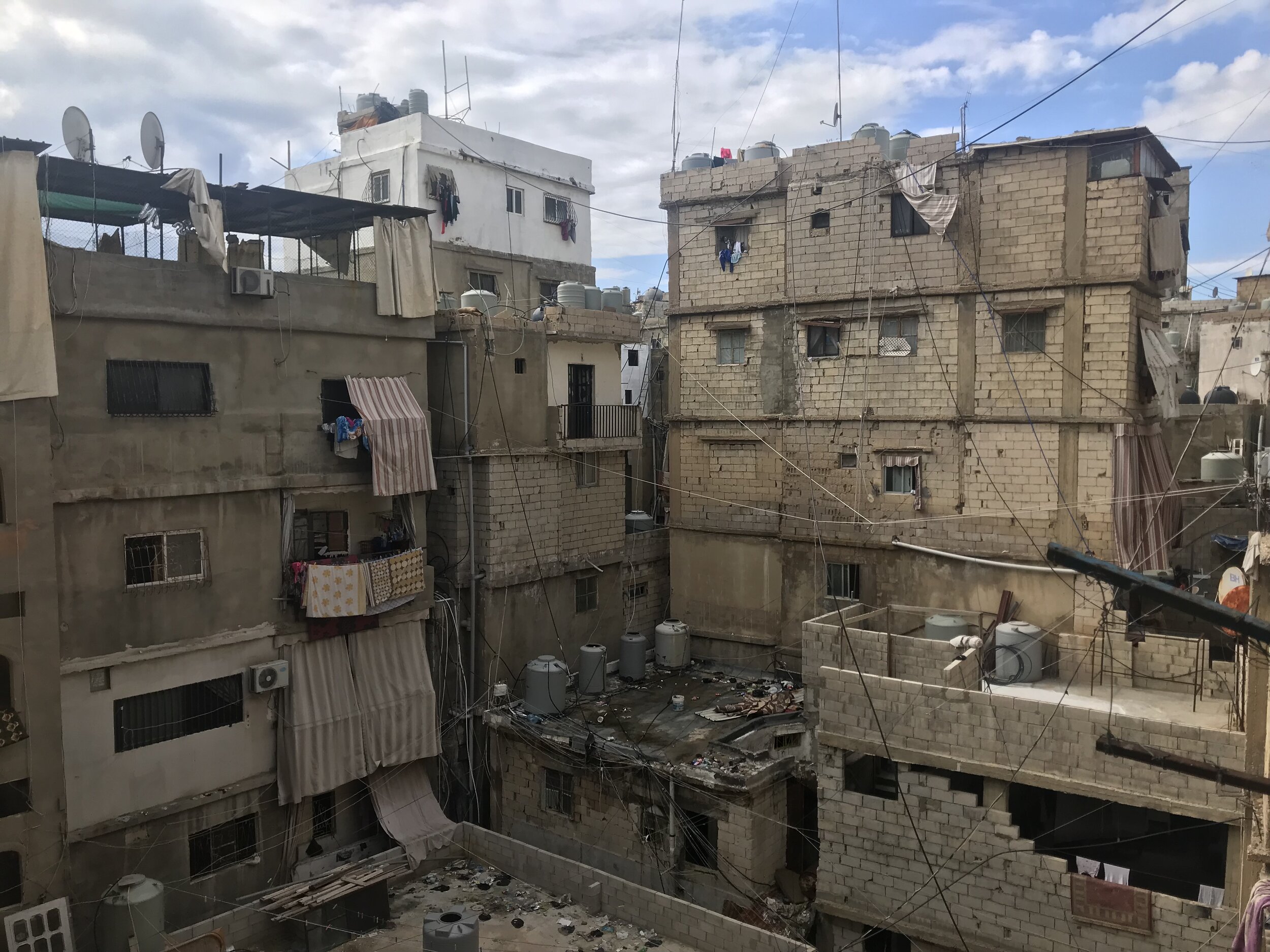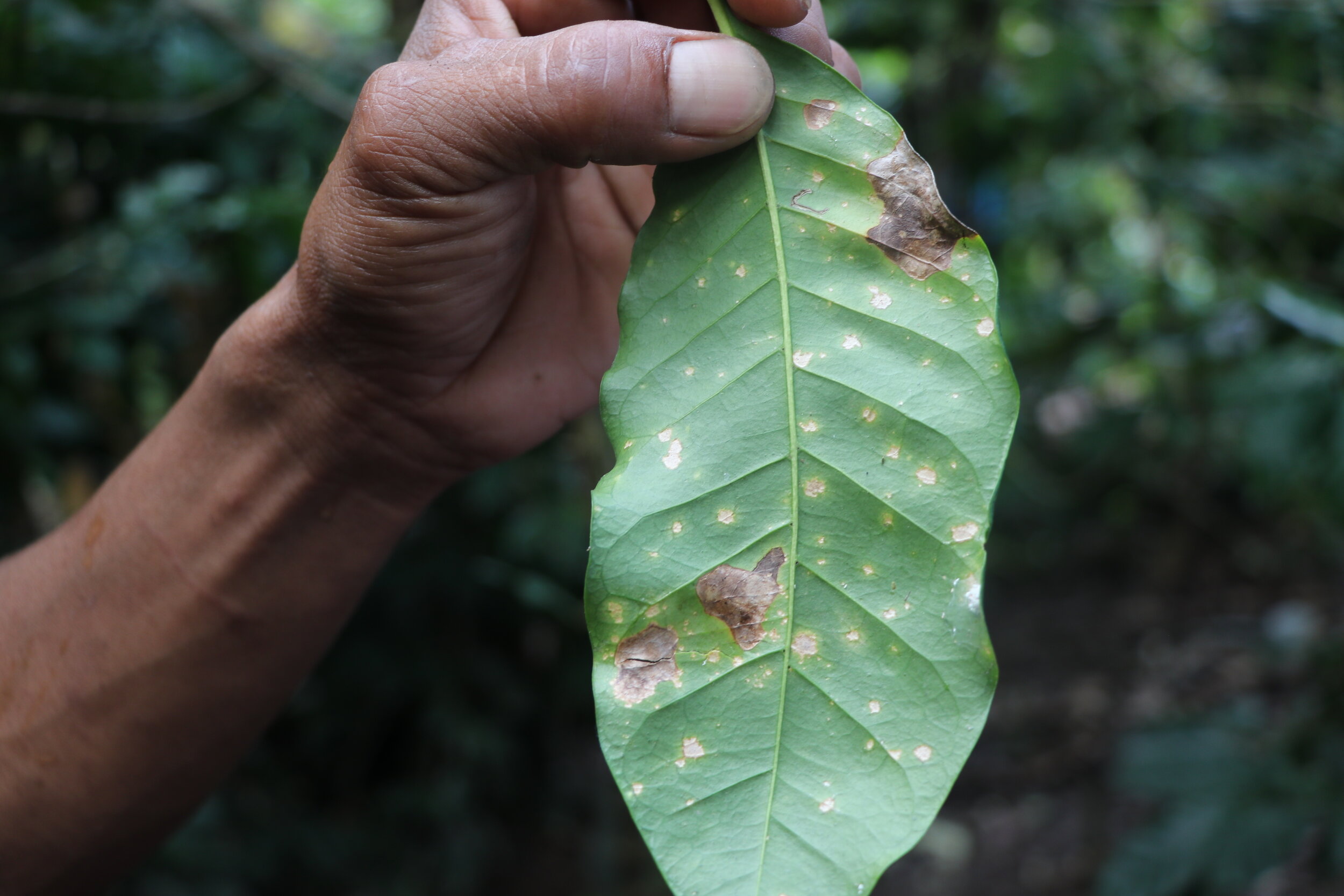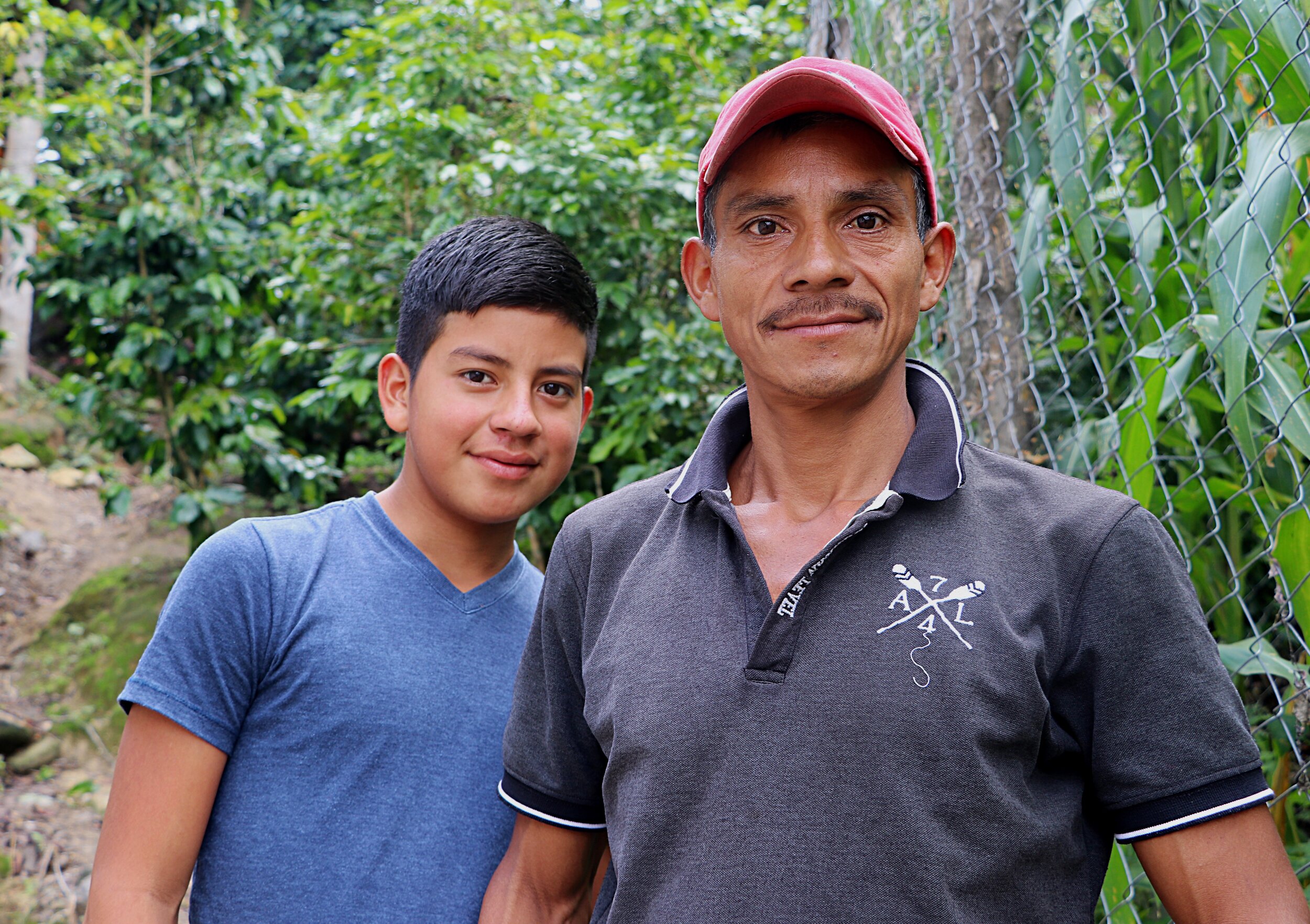Chantal Da Silva has always had a passion for uncovering the truth. From an early age she found herself playing detective, spying on her family and digging through their trash to piece together the stories happening within her own home. This inquisitive spirit led her to an internship at the Canadian Broadcasting Corporation, where she got her start in the investigative unit.
She has since appeared on BBC World and MSNBC, worked at the Independent and received a Migration Media Award for reporting on a network of migrant women who aim to empower themselves and each other. Now, as the Chief Correspondent at Newsweek, her storytelling continues to focus on immigration and asylum seekers, freedom of movement and human rights.
Chantal sat down with Photographers Without Borders (PWB) founder Danielle Da Silva as part of the ongoing “Storytelling for Change” webinar series. Below are edited excerpts from their discussion, which looked at the intricacies in finding the truth when storytelling, why certain stories take up more space than others and how to create newsworthy articles in today's climate.
Chantal sat down with Photographers Without Borders (PWB) founder Danielle Da Silva as part of the ongoing “Storytelling for Change” webinar series. Below are edited excerpts from their discussion, which looked at the intricacies in finding the truth when storytelling, why certain stories take up more space than others and how to create newsworthy articles in today's climate.
Danielle Da Silva: What led you to become a journalist and follow the kind of stories you do?
Chantal Da Silva: I've always had a passion for finding truth and playing detective. I wanted to get to the truth of people—what they think about and why societies are the way they are. And that's why I pursued anthropology in university, because anthropology is the study of humanity. I'm intrigued about why people do the things they do.
One of the most important questions that's defined my career is one that I read in a book by Chris Kraus—who gets to speak and why? To me, that's the crux of everything I do. Which voices get heard, and why? How can I help lift up the ones that aren't being heard? What can I do to create a platform for them? I've always been passionate about justice and how it serves some and fails to give others the same benefits. That's what ultimately led me to studying journalism.
Images by Chantal Da Silva
Danielle Da Silva: I know you as somebody who fights to create space for underserved communities. Why do you have to fight for those types of stories? What is it about the public or the production side of the news that makes it difficult to push those stories forward?
Chantal Da Silva: There are so many aspects to this. On the production side, I wouldn't say I always have to fight for them. It varies from publication to publication. I can't speak for journalism as a whole, but I can speak from my experiences. I do have the opportunities and the privilege of being able to choose a lot of the stories I write, so I chose what I think is relevant and important—and those are the stories I try to tell. Often, it's about immigration, asylum seekers and human rights.
I don't think many publications have an agenda, but some people believe they do. At Newsweek, for example, there isn't a driving agenda. I sometimes have to fight if I'm interested in covering a story, and I usually get my way. But sometimes they say, 'Well, there won't be interest in that," or, "What's the point in writing something if no one's going to read it?" That lack of interest is the heart of the problem. Coverage depends on what the public wants—and what the public wants isn't always the best thing.
Images by Chantal Da Silva
Danielle Da Silva: What caused your interest in the subjects you cover?
Chantal Da Silva: I was drawn to the idea of freedom of movement and who gets to live where and why. It's basically luck of the draw—where you're born, what rights you get, what access you get. People have so much passion and fear about keeping other people out of their country, and it's always been a fascinating issue to me.
Images by Chantal Da Silva
Danielle Da Silva: How do you hope your stories will impact the world going forward? And how do you hope the world of journalism might shift to allow you to bring in more solutions or make more change
Chantal Da Silva: I hope my stories affect change in different ways for the individuals I'm covering. One story that I'm working on right now is about a man in his 70s who got a 10-year prison sentence for attempted murder. He was released after eight years for good behavior but was immediately taken into ICE custody. This man was in the US legally. But when you commit a crime, like attempted murder, deportation is a possibility.
He had concerns about contracting the coronavirus in detention because no one can socially distance, so they've been hotbed sites. And he ended up killing himself. His story has been brushed aside because he committed a crime, but I think it brings up great questions. When people serve their time, should they be given a chance to rehabilitate into society? Or should they be given a death sentence, which for him was indefinite detention in ICE and fearing for his life, because he had underlying health conditions. I hope stories like this gain more interest to make a greater impact.



To watch Chantal Da Silva's entire webinar, join our community by becoming a PWB community member. As a member, you'll have access to all Storytelling for Change sessions featuring notable photographer storytellers from around the world.





